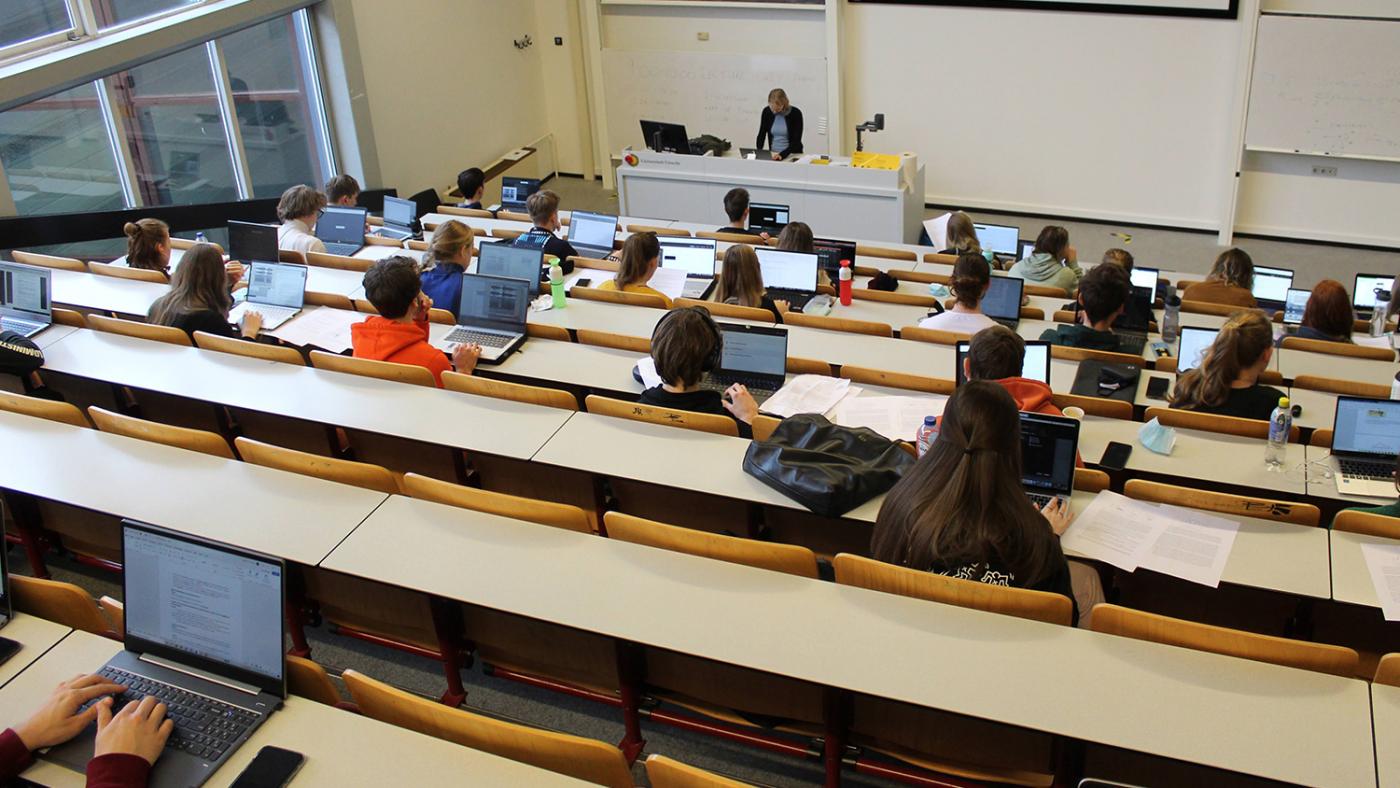The staff section of the University Council:
‘Structural positions deserve permanent contracts’

Even though the need to provide a safe work environment was the main theme of the ceremony marking the start of the present Academic Year at Utrecht University, there is a staff category whose job security is consistently threatened: temporary teachers. They don't have many prospects for the future, certainly in light of a recent ruling by the subdistrict court in a case brought by a Social Sciences teacher against UU, concerning the university's failure to offer him a permanent contract after the termination of his temporary contract, and the arguments used in the case. To the judge, hiring teachers seems to be the same as buying apples on the market: one week you get them at a certain market stall, while the next week you buy them at another one. To the judge, the fact that the employee in question had already been working at the organization for several years does not mean that the employer is obliged to give this (experienced) employee priority in entering into a new agreement.
In the discussion about temporary teachers, the position of the University Council has been the same for years: our principle is that permanent staff must be hired to perform structural tasks. The council agrees with the Executive Board that, in an institution that presents itself as a research university, the academic staff should preferably be involved in both education and research. However, the reality is that, for years now, there has been much more structural work in the field of education than in research. There are plenty of research questions, but there isn’t enough money to finance appropriate research time for all teachers.
Despite the pledged stimulus and starter grants, as well as the sector plan funds, it doesn’t look as if that reality is going to really change in the next few years. UU's Executive Board has a choice: it can either keep appointing temporary teachers and letting them go after the legally stipulated period, closing its eyes to the accompanying destruction of human capital and the workload this generates for the permanent staff, who has to train new recruits all the time; or it can opt for a more realistic course and give some staff members a permanent contract even though they have teaching duties only. It should be noted that the latter should not be a permanent situation. If an opportunity arises to have these colleagues also carry out research tasks, it should be seized immediately. The use of additional resources from the university's reserves to create more permanent positions has therefore been welcomed by the Council as a necessary and logical step. Actually, it should have been taken long ago.
In the meantime, it’s important to offer all temporary colleagues a feeling of safety: the Human Resources departments should actively implement the duty of care for this staff category. They should prevent people from finding out way too late that they should have taken action earlier to secure their position. Although everyone is supposed to know the law, labour law can sometimes be extremely complicated for "laypeople". An individual employee may feel pretty lonely in the face of the massive apparatus that a university can be when it turns against you with all its knowledge and expertise.
A somewhat triumphant response to a court case doesn't suit here. It’s unfortunate that things had to come to this. And a pity that there are no resources to work exclusively with combined permanent positions. Therefore, there are no winners here. There are only losers in this (legal) case. The University Council will therefore do everything in its power to convince the Executive Board that this court case stems from structural problems that require structural solutions.
The staff members of the University Council